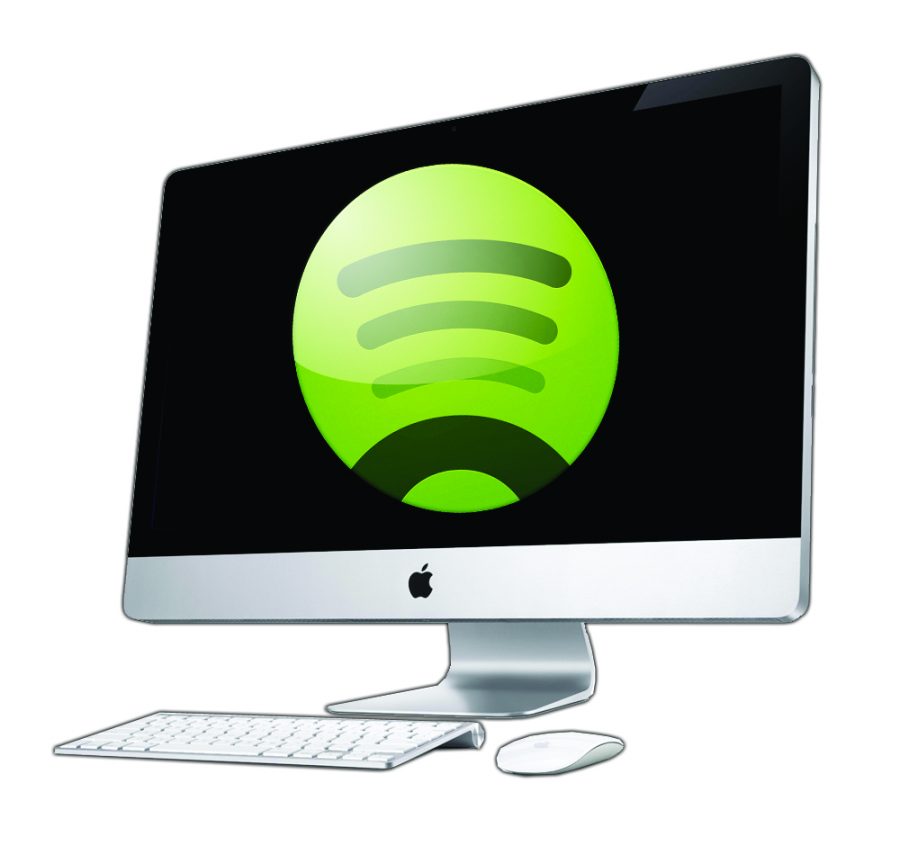When the last Virgin Megastore in New York City closed its doors in 2009, many New Yorkers despaired over the death of the dinosaur that was physical music retail. Three years later, however, some local independently owned mom and pop record stores are experiencing a revival of sorts, even as electronic music sales continue skyrocketing.
Independent music store owners say the reason for their continued survival in a digital music world comes from people wanting a master copy of their music that they can physically hold, outside of a “cloud” and is truly owned, not “rented,” by the purchaser—As is the case with Apple or Amazon and other download services who may “sell” music but legally can only “rent” it to customers, acting only as the middleman between customers and record labels. CDs are becoming the new vinyl records, and the rise of vintage is keeping the independent store that is ready to cash in on this interest afloat.
Interestingly, independent record stores aren’t exactly stealing customers from digital music outlets. As digital sales numbers grow, the ease and convenience of downloading music electronically is still cited for the online boom in music sales. In the past month, music blog torrentfreak.com reported 124.3 million legal music downloads via bit torrent. Though some see music streaming services like Spotify and Pandora as a threat to downloads, and sales, the iTunes Music Store continues to rule the record sales world.
For instance, Mumford and Sons’ most recent album Babel topped the iTunes sales charts while also setting records for being the most played and most playlisted album on Spotify. This has shown that music download services and music streaming services are able to co-exist on different planes of consumption by customers. In fact, they compliment one another. Spotify is seen by a vast majority as a music sampling service while iTunes is the official jump to owning the music that was liked on Spotify.
Myles Rodriguez, freshman, said, “I usually listen to music on Spotify when I don’t have an artist’s whole discography. I like Pandora more, though, ‘cause it plays [a] lot of different kinds of music similar to the artists and I get to find new bands that way, but in the end when I really like an album I download [it].”
And freshman Kevin Montes said, “I use Pandora the most for music ‘cause I don’t really have a lot of music and I just like how it’s always a different but similar artist and it never ends and is always music new to me.” For some people, one service will dominate the other, but the customer continues to use services such as iTunes because having a cellphone or other music-playing device perpetuates the novelty of having a track stores in that device’s flash or disc memory, able to be accessed on a whim throughout the day.
Independent music store owners will have to try to continue to entice collectors of physical music. They may try to create a sense of community and environment within the record store—something that online services, like Apple’s failed Ping venture, have thus far failed to recreate. As they fight to stay afloat, music sales will continue to rise on all fronts.

